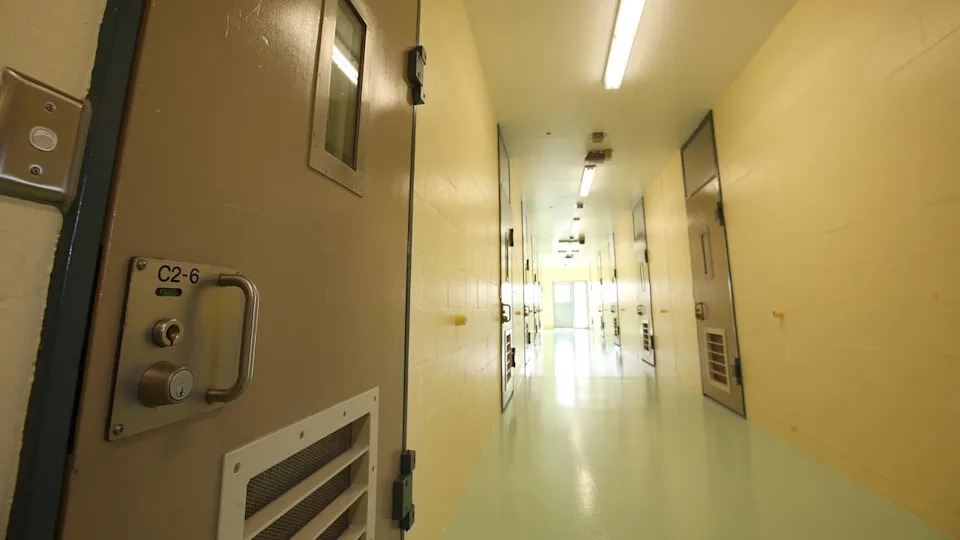
UPDATE: The tragic death of Selesa Tafaifa, a 44-year-old female inmate, has ignited urgent calls for Queensland to reconsider the use of spit hoods in correctional facilities. Tafaifa’s repeated cries of “I can’t breathe” during her restraint have prompted an outcry for immediate action.
Authorities confirmed that Tafaifa died in November 2021 at Townsville Women’s Correctional Centre after a prolonged physical altercation with corrections officers. A recent inquest led by Deputy State Coroner Stephanie Gallagher revealed that shortly after a spit hood was applied, she expressed distress but was not assisted in time, leading to her cardiac arrest.
The coroner’s findings, released this week, indicated that while they could not definitively link the spit hood to Tafaifa’s death due to insufficient evidence, other jurisdictions have already banned their use. “The fact that other jurisdictions have ceased the use of safety hoods is a basis upon which, if it has not already occurred, Queensland Corrective Services should consider whether its operational needs require the devices to continue to be used,” Gallagher stated.
Tafaifa’s family has been vocal in their quest for justice, calling for a complete ban on spit hoods across all correctional facilities in Queensland. They argue that the devices pose significant risks, especially for individuals with pre-existing health conditions. After the incident, it was determined that various factors, including physical exertion and a spit hood obstructing her airflow, contributed to her death.
The emotional toll on Tafaifa’s family is profound. Her daughter, Salote Isaako, described her mother as someone who struggled with mental health issues during her time in custody but always maintained a strong connection to family through regular phone calls. “The family hopes to expose the truths behind her death, and they fight with faith, dignity, honour, courage and persistence to ensure that what Selesa was forced to endure never happens again to anyone’s mother, grandmother, sister, daughter, grandfather,” Isaako said.
Calls for reform are intensifying as Queensland faces pressure to align with other states like ACT and South Australia, where spit hoods are prohibited. Meanwhile, the Northern Territory is considering reinstating their use in youth detention centers, further igniting debate on the efficacy and safety of these devices.
Gallagher has recommended that Queensland Corrective Services review their training protocols regarding spit hood use and the monitoring of inmates subjected to them. Additionally, she urged the implementation of a phone system that allows prisoners to make free calls to family, emphasizing the critical role communication plays in their mental wellbeing.
As this situation develops, the Queensland government is expected to respond to these recommendations. The urgency for change in policies surrounding inmate safety has never been more critical, as advocates and families demand accountability and reform.
The fight for justice continues, with the impact of Tafaifa’s death resonating throughout the community. Share this vital news and join the conversation on the future of inmate care and safety in Queensland.







